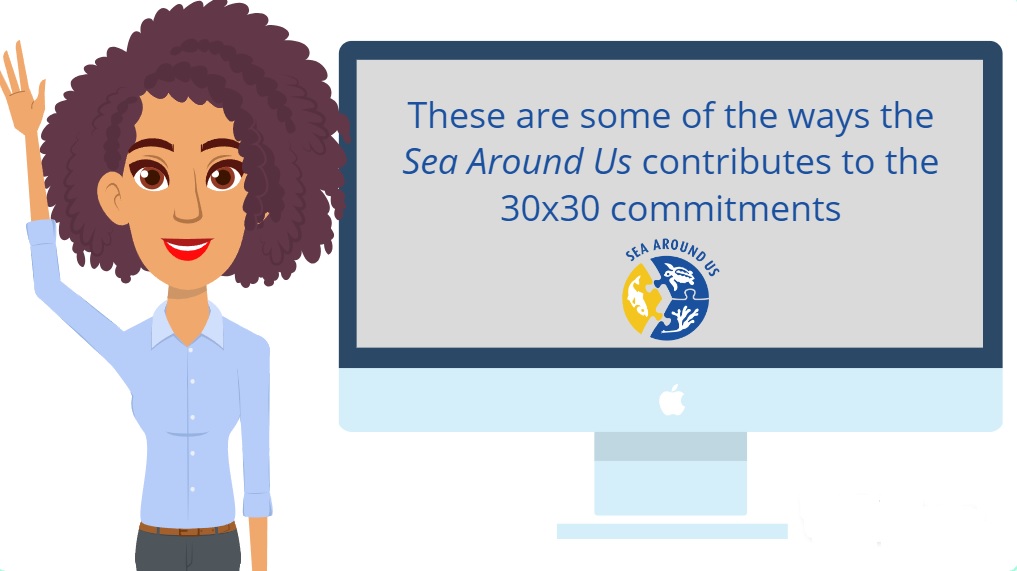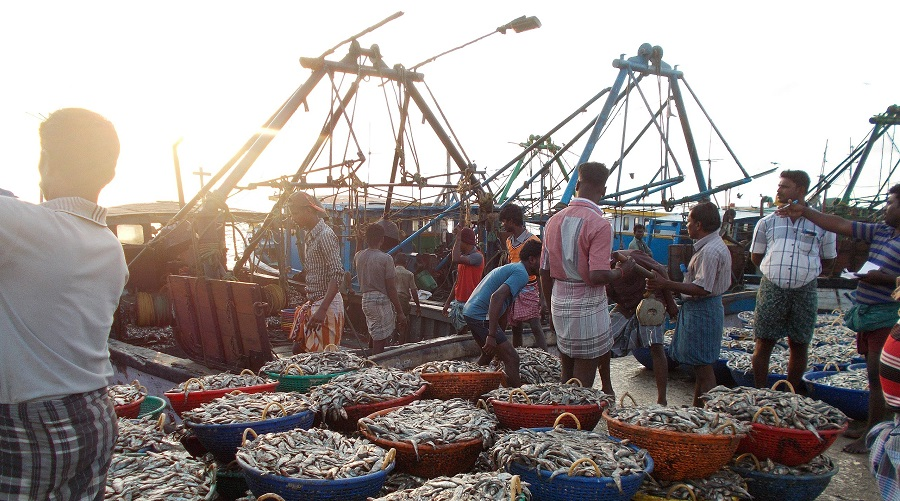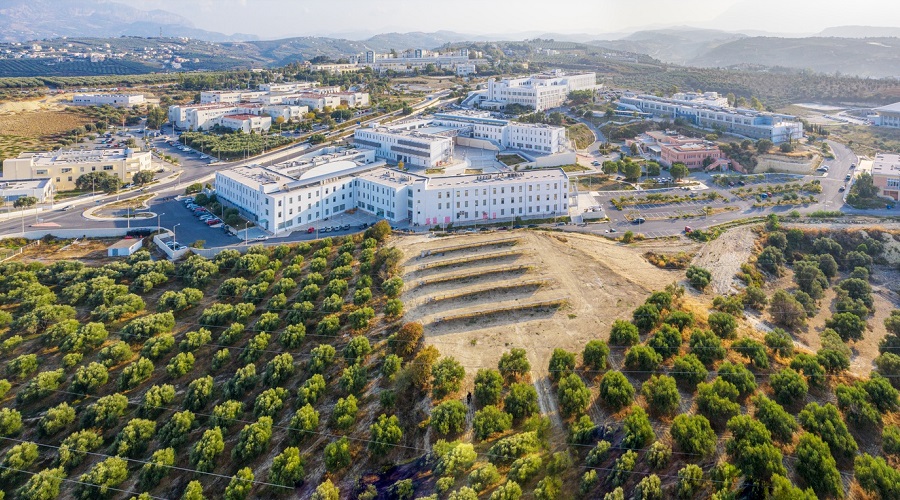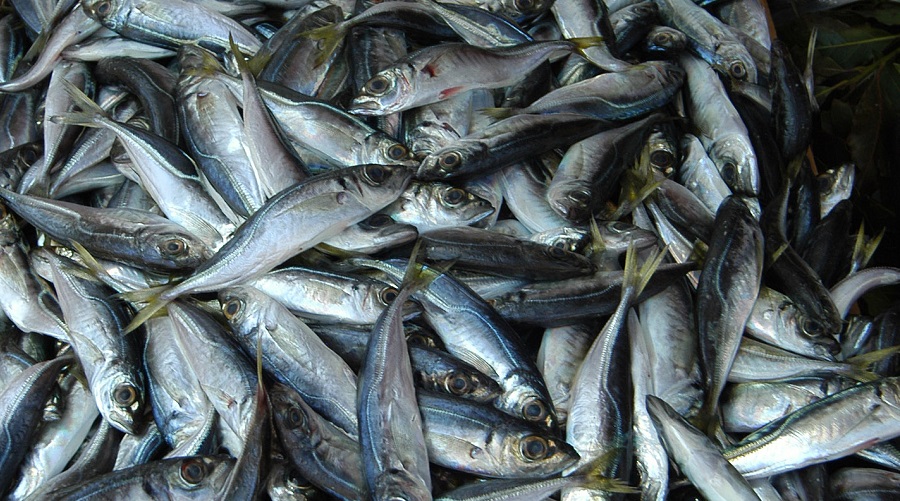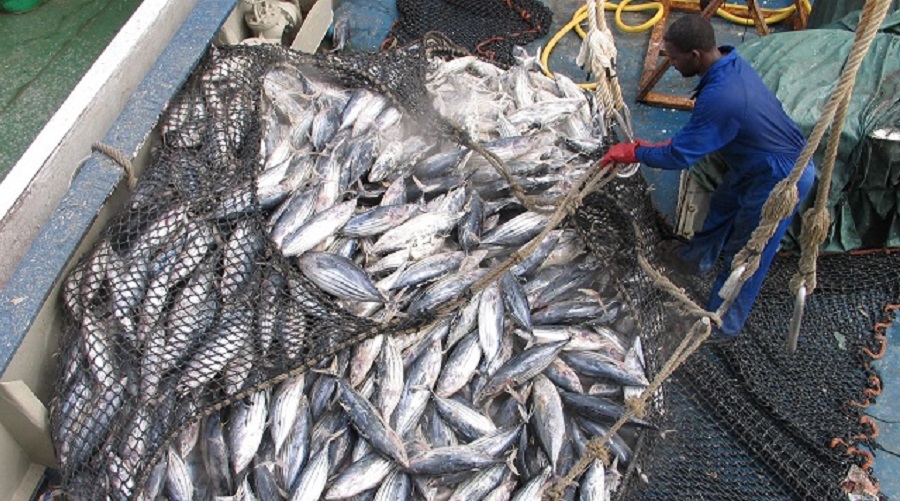Since 1999, the Sea Around Us – under the leadership of Dr. Daniel Pauly – has been the purveyor of fisheries catch data and associated indicators that have allowed researchers, NGOs, government agencies, and intergovernmental organizations, among others, to conduct a variety of studies that support efforts to protect our global ocean and the marine biodiversity that lives within it.
To celebrate World Oceans Day 2023, we prepared a short, guided tour through our database to help you quickly familiarize yourself with its main features.


